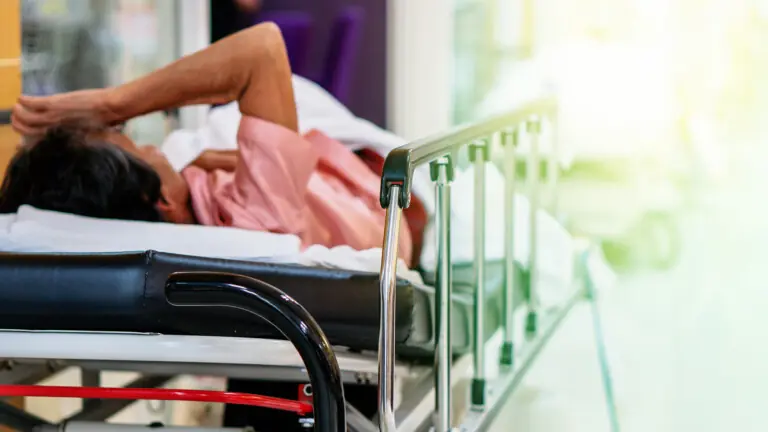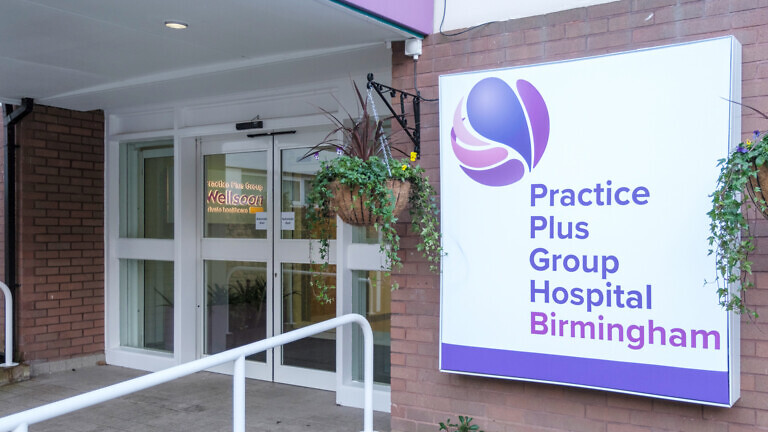A collaboration between MHRA and Barts Health NHS Trust has developed a DNA sequencing approach that diagnoses infections more quickly and more accurately.
The Medicines and Healthcare products Regulatory Agency (MHRA), an executive agency of the Department of Health and Social Care, and Barts Health NHS Trust have developed a DNA sequencing approach that can be implemented onsite in hospitals so they can diagnose bacterial infections faster and more accurately.
The technology is being piloted to investigate and prevent hospital outbreaks caused by antibiotic-resistant superbugs.
Since September 2024, more than 2,000 patient samples have been analysed using the approach across seven London hospitals: the Royal London, Whipps Cross, Newham, St Bartholomew’s, Homerton, Lewisham and Greenwich.
The goal is to make rapid DNA sequencing a routine part of hospital diagnostics across the NHS, bringing faster, more accurate infection testing to patients nationwide.
DNA sequencing
The new approach confirms that the DNA sequencing method can reliably detect which bacteria are causing an infection and which antibiotics will work best to treat it. The approach delivers results within two days, significantly faster than traditional methods which can take approximately seven days and, in some difficult cases, up to eight weeks.
“This is the first comprehensive clinical validation study of its kind in the UK – and one of the first globally – to test DNA sequencing with this new technology for diagnosing a wide range of infections,” said Ian Butler, lead clinical scientist in medical microbiology at Barts Health NHS Trust.
Antimicrobial resistance has become a serious global threat, causing at least one million deaths every year since 1990. Without urgent action, the Global Research on Antimicrobial Resistance (GRAM) Project predicts that drug-resistant infections could claim more than 39 million lives between now and 2050.
To speed up the accurate detection of pathogens and quickly identifying those that are resistant to antimicrobial medicines, the focus is now on optimising and standardising this new DNA sequencing hospital service so it can be replicated elsewhere.



